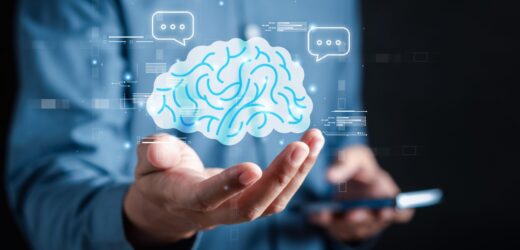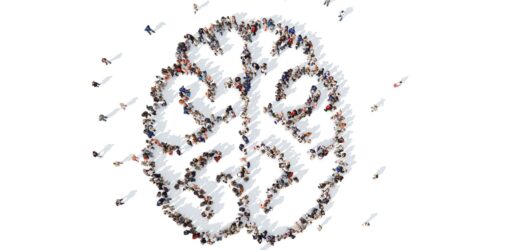Teachers focus on developing students’ conscious learning and understanding of concepts, but there is a whole other dimension of mental life that teachers also influence: implicit thought and memory. Psychologists distinguish between explicit and implicit mental processes.[1] We are consciously aware of explicit processes, as when we rehearse information or think through a problem. Implicit knowledge and skills are not consciously available to us, but our behavior expresses them. An example is reading. We can’t explain how we read, but we can demonstrate it. When we teach, we influence implicit processes as well as explicit ones, so we need to understand implicit learning and memory. There are several types of implicit processes relevant to teaching.
What Teachers Should Know about Implicit Learning and Memory

Related Articles
I have two loves: teaching and learning. Although I love them for different reasons, I’ve been passionate about...
Geniuses are inherently fascinating. The notion that a lucky few have innate abilities to push the boundaries of...
While much of online learning occurs through discussion board conversations, it can be challenging for students to offer...
“Why does my edition of Hamlet read ‘O, that this too, too sullied flesh would melt,’” my student...
After all, nearly every large language model (LLM) is good at summarizing readings, synthesizing large amounts of data...
In 1906, Francis Galton was visiting a livestock fair when he stumbled upon an interesting contest. Local villagers...
I often wear sunglasses on my walk from my parking spot on campus to my office. I recently...








